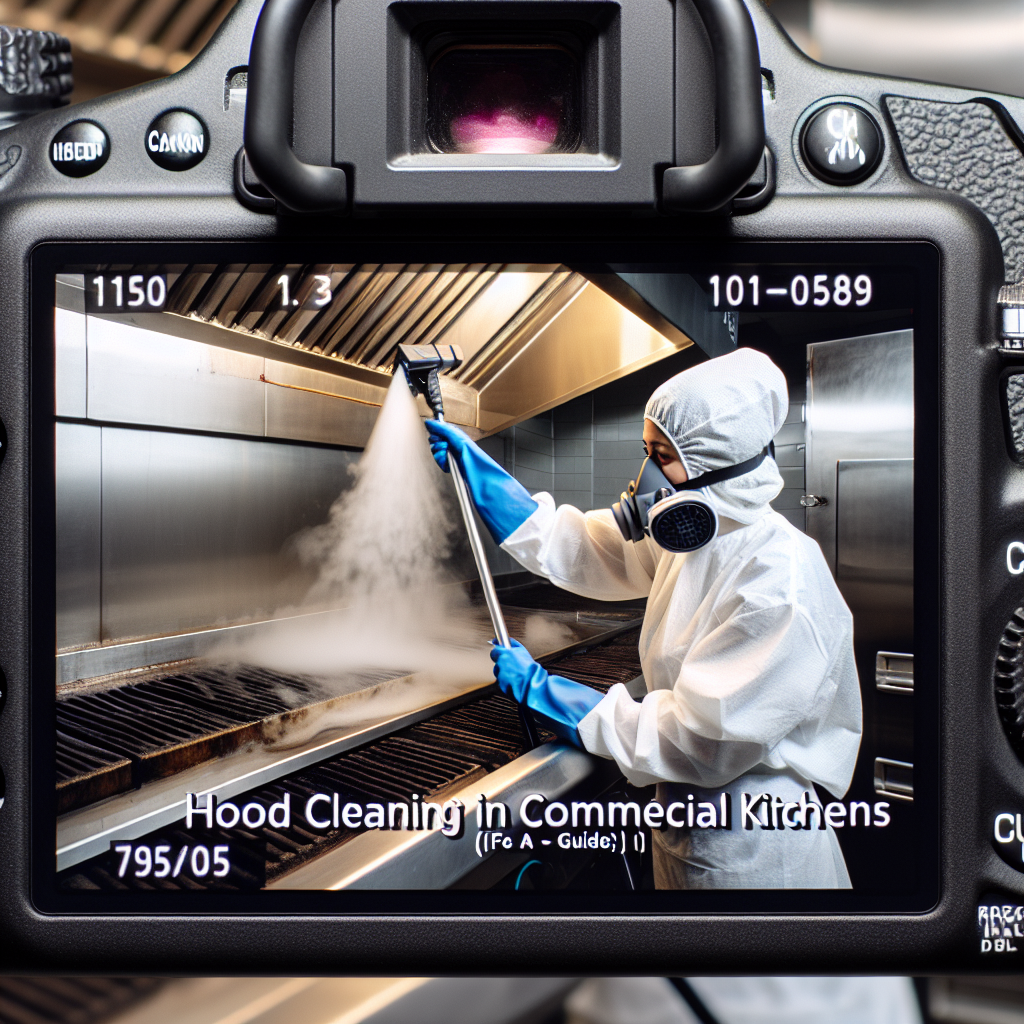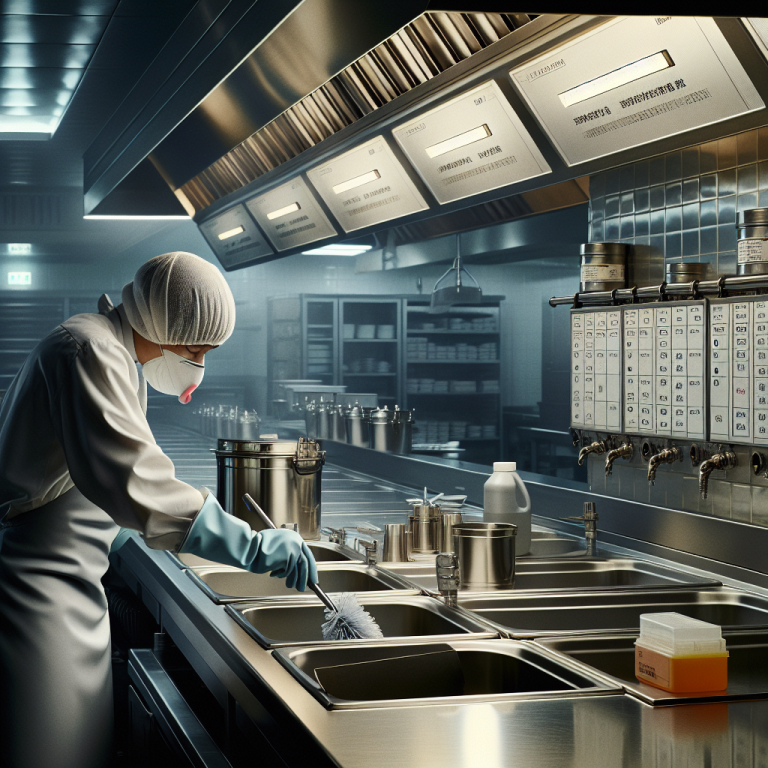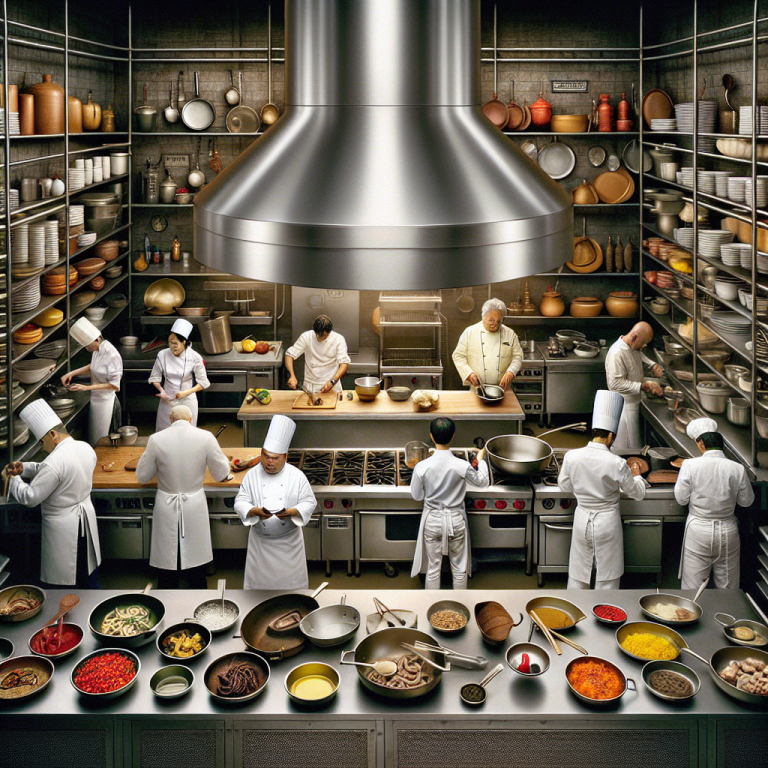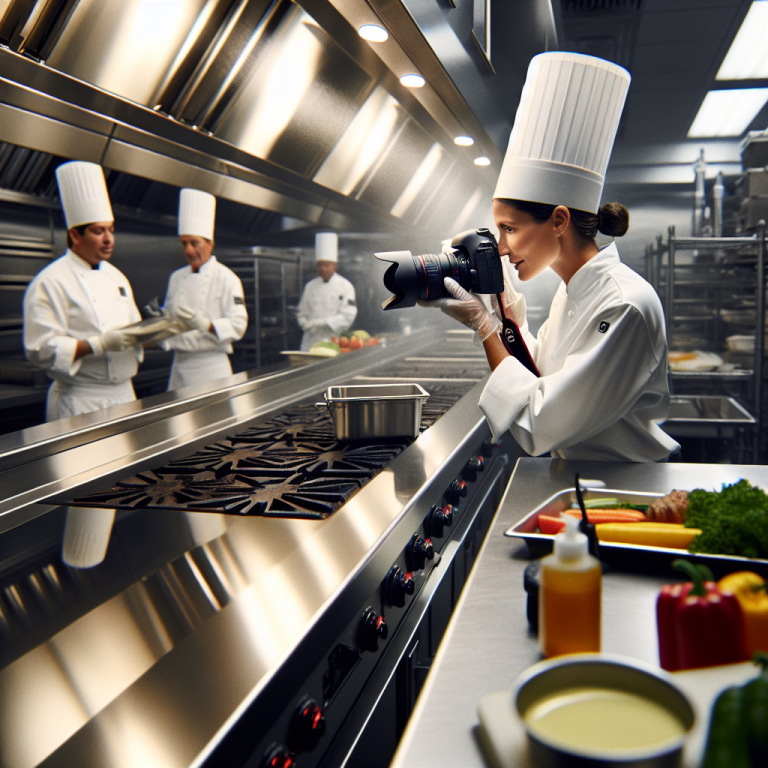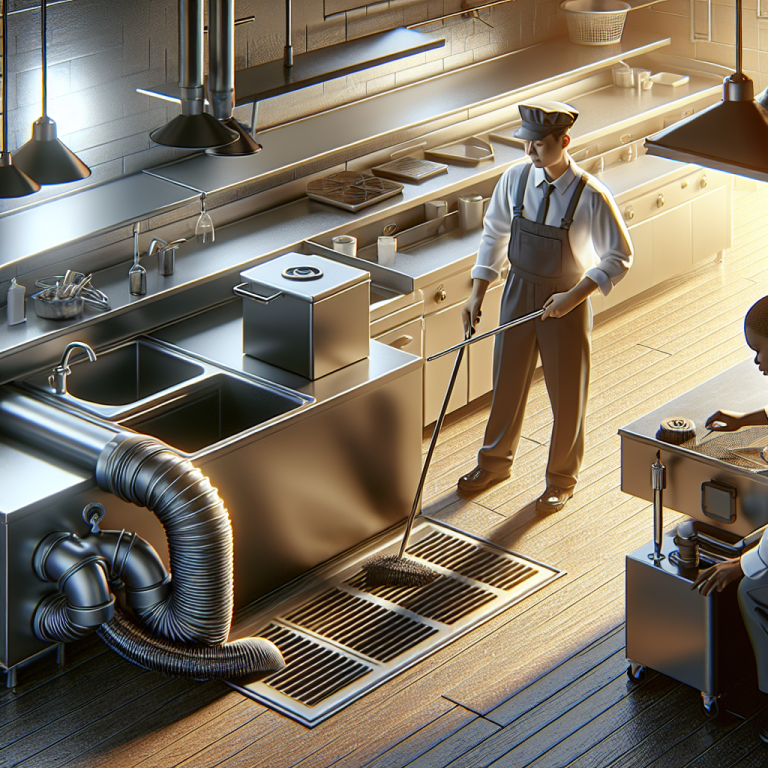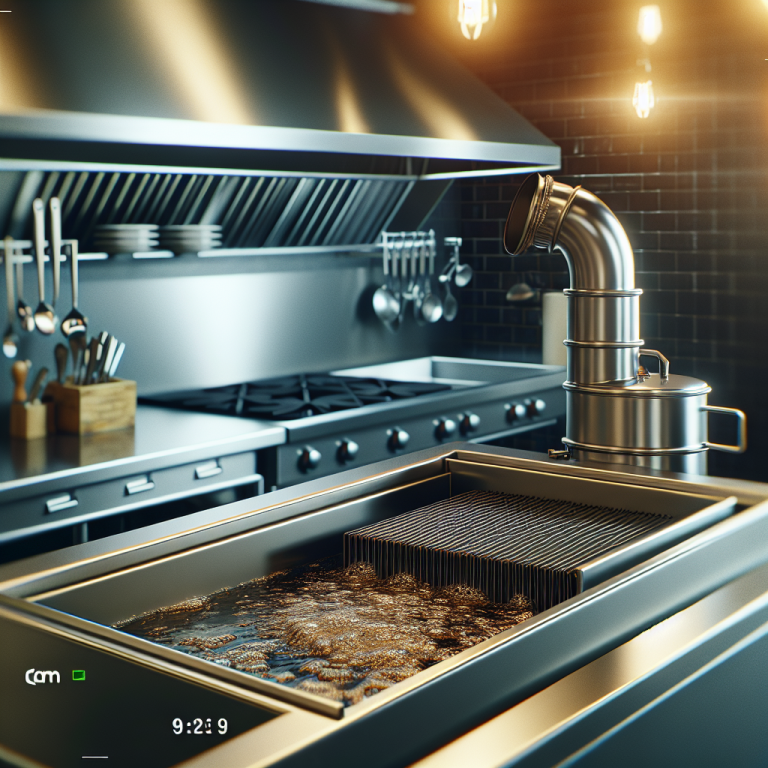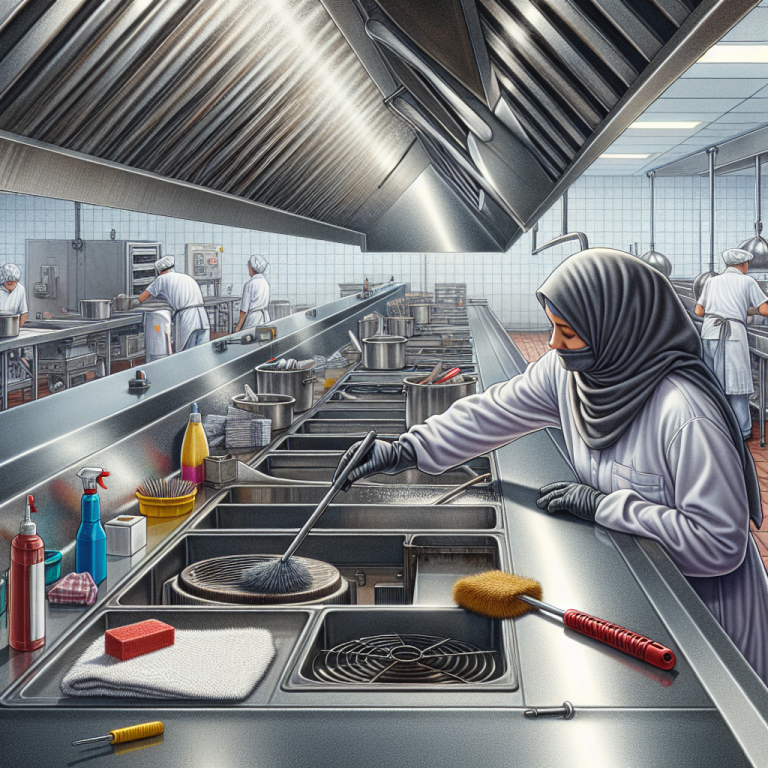Essential Tips for Effective Hood Cleaning in Commercial Kitchens
Introduction
Running a commercial kitchen is no simple task, especially when it comes to maintaining safety and hygiene standards. One crucial aspect often overlooked is hood cleaning. In Phoenix, the need for regular restaurant hood cleaning is paramount to keeping your kitchen safe and efficient. Let’s delve into the specific challenges and requirements involved in commercial kitchen hood cleaning.
Why Hood Cleaning is Essential
Hood systems in commercial kitchens act as the first line of defense against fires. They are designed to trap grease, smoke, and grime, but if not cleaned regularly, these deposits can become a fire hazard. Moreover, dirty hoods reduce the efficiency of your exhaust systems, making it difficult to maintain a healthy working environment.
Exhaust hood cleaning is not just about maintaining aesthetics; it’s a critical safety measure. In Phoenix, local regulations stipulate strict cleaning schedules to ensure that all commercial kitchens meet the necessary compliance standards. Negligence could lead to hefty fines or, worse, catastrophic fire accidents.
Challenges in Commercial Kitchen Hood Cleaning
The requirements for commercial kitchen hood cleaning are more demanding compared to residential kitchens. Understanding these challenges can help you plan and execute a thorough cleaning regimen:
1. Size and Complexity
Commercial kitchens typically have extensive ductwork and large, complex hood systems. Cleaning this setup isn’t a simple job; it requires specialized equipment and expertise.
2. Grease Buildup
The volume of food cooked in commercial kitchens leads to substantial grease accumulation. This grease buildup can solidify and become difficult to remove, requiring specialized chemicals and techniques.
3. Regular Usage
Unlike residential kitchens, commercial kitchens operate continuously, making it challenging to find an appropriate time for deep cleaning. Nonetheless, regular cleaning schedules must be adhered to in order to avoid violations and ensure safety.
4. Environmental Concerns
Modern cleaning techniques must consider environmental factors such as the disposal of grease and cleaning chemicals. Ensuring that you’re not just compliant with safety regulations but also environmentally responsible is crucial.
Requirements for Effective Hood Cleaning
Given the complexity and critical nature of the task, here are the major requirements for effective commercial kitchen hood cleaning:
1. Professional Expertise
Professional hood cleaners have the necessary skills and equipment to tackle the specific challenges of commercial kitchen systems. They not only clean but also inspect the systems for potential issues, ensuring comprehensive safety.
2. Regular Cleaning Schedule
Adherence to a strict cleaning schedule ensures that grease and grime don’t have the opportunity to build up to dangerous levels. Most experts recommend a monthly schedule, but the frequency can vary depending on the volume of food being prepared.
3. Use of Appropriate Cleaning Agents
Commercial-grade degreasers and foaming agents are essential for breaking down the tough buildup found in commercial kitchens. Professionals know the correct agents to use that are both effective and environmentally friendly.
4. Duct Cleaning
Cleaning the hood alone is not enough; the ducts must also be cleaned to ensure there are no blockages and that the entire exhaust system functions optimally. This often involves high-pressure washing and mechanical scrubbing.
5. Detailed Inspection
After cleaning, a thorough inspection is necessary to ensure that all components are free from grease and functioning correctly. This includes checking the exhaust fans, filters, and ductwork for any potential issues.
Benefits of Regular Hood Cleaning
Regular restaurant hood cleaning offers several benefits beyond compliance and safety:
- Improved Air Quality: Clean hoods and ducts ensure that smoke and odors are efficiently removed, leading to better air quality in the kitchen and dining area.
- Enhanced Efficiency: A clean exhaust system works more efficiently, resulting in lower energy costs.
- Extended Equipment Life: Regular cleaning and maintenance extend the lifespan of your kitchen equipment.
- Reduced Fire Risk: Clean hoods significantly reduce the risk of kitchen fires, ensuring a safer working environment.
Local Regulations in Phoenix
In Phoenix, commercial kitchen owners must adhere to specific regulations regarding hood cleaning. The City of Phoenix Fire Department enforces these regulations and conducts regular inspections. Non-compliance can lead to fines, closure of the establishment, or even revocation of business licenses. Therefore, it’s crucial to be aware of and adhere to these local guidelines.
Conclusion
Maintaining a clean and safe commercial kitchen requires more than just cooking skills; it involves a comprehensive approach to hygiene and safety. Regular hood cleaning is not a task that can be ignored, especially in a bustling city like Phoenix. For anyone operating a commercial kitchen, adhering to a stringent cleaning schedule and employing the services of professionals can make all the difference.
Investing in regular commercial kitchen hood cleaning not only ensures you meet local regulations but also contributes to the overall efficiency and safety of your kitchen. Don’t wait until it’s too late; make hood cleaning a priority today!

